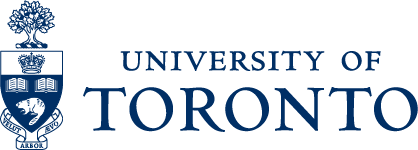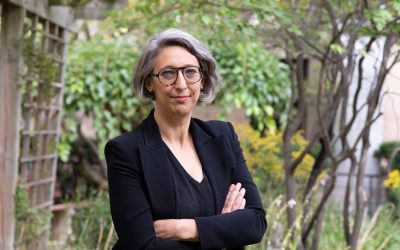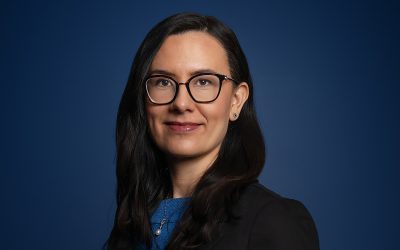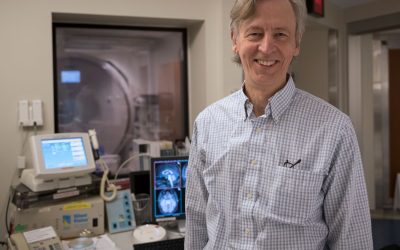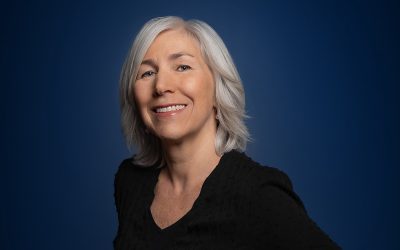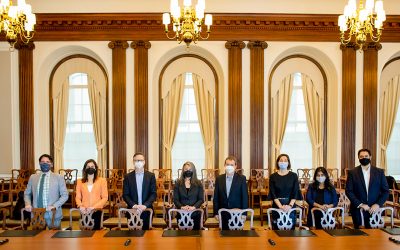Discover Our Impact
The University of Toronto and its hospital and industry partners are building the future of bioinnovation for Canada and the world.
Discover some of the success stories that define our impact.
Recognizing One of Many Unsung Heroes of the COVID-19 Pandemic
Clinician, scientist and microbiologist Dr. Samira Mubareka has studied infectious diseases and medical microbiology for almost two decades. Her research in respiratory viruses and bioaerosol production led her and her team to influential breakthroughs that helped Canada and the world get a head start on tackling COVID-19.
Here’s How Toronto Researchers are Engineering Human Tissue to Improve Surgery Recovery Times
Professor of Biomedical Engineering Milica Radisic is at the forefront of cutting-edge research in functional tissue engineering. As the Co-Director of the Centre for Research and Applications in Fluidic Technologies (CRAFT) in Toronto, her team employs microfabrication and 3D printing technologies to develop systems that mimic physiology of the heart, kidney and blood vessels. These systems known as “organs on a chip” allow researchers to understand complex phenomenon behind human diseases and discover better, more effective drugs.
Future Breakthroughs in the Treatment of Brain Disease May Lie in Ultrasound Therapy
Dr. Kullervo Hynynen is a pioneer in the development of focused ultrasound technology. His research and clinical work spans over two decades as he pursued his joint passion in physics and biomedicine. This combined passion has led to breakthroughs in noninvasive treatment techniques using ultrasound beams that have helped advance treatments and diagnoses in several brain diseases, including cancer, Alzheimer’s, Parkinson’s, and ALS.
Our Immune System Has Evolved in Remarkable Ways, and Shows No Signs of Stopping
Professor of Molecular Genetics Scott Gray-Owen has dedicated his research to understanding infection-induced immunopathology, including studying how bacteria can control the immune response and applying those findings to help prevent infectious and non-infectious diseases. In his role leading the Emerging and Pandemic Infections Consortium (EPIC) and U of T’s Combined Containment Level 3 (CL3) Unit, he has supported extraordinary contributions to global efforts combatting infectious diseases, including COVID-19, and to prepare us so that we can more effectively respond to future pandemics.
How Studying Protein Structures Can Help Us Fight Cancer and Leukemia
Senior Scientist and Professor Cheryl Arrowsmith has been at the forefront of research into human proteins for over 20 years. By investigating protein interactions that are known to cause cancer, her team of UHN and U of T researchers helped develop early-stage leukemia drugs together with the Ontario Institute for Cancer Research (OICR).
U of T partners with Moderna on infectious disease research
The University of Toronto and Moderna Inc. plan to work together to develop new tools to prevent and treat infectious diseases. Guided by a partnership framework agreement, the U.S. biotechnology firm will collaborate with U of T researchers across a wide range of fields.
